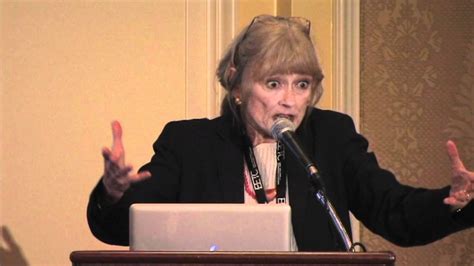A Quote by Albert Ellis
Thinking rationally is often different from "positive thinking," in that it is a realistic assessment of the situation, with a view towards rectifying the problem if possible.
Related Quotes
Positive thinking is just one small part of positive psychology. Plus, as an approach to well-being, positive thinking only helps you to the extent that it yields one or more positive emotions. The problem with positive thinking is that it sometimes just stays up "in the head" and fails to drip down to become a fully embodied experience.
Often a successful problem-solver is one who creates a new context in which to view the problem. This can often be done by directing one's attention away from the distracting details of the difficulty. From a detached perspective, we may examine the situation in a new or different light and, after exploring information and options, choose an appropriate course of action.
Somewhere along the line, positive thinking seems to have been confused with magical thinking. There's a notion that if you think positively enough, you can make anything happen by using the power of your mind. All the positive thinking in the world won't deliver good fortune or prevent tragedy from striking.
I struggled in London for a very long time. 'Be prepared to struggle a lot' - it's a European mentality. The American mentality is positive and 'You can do it' and 'Everything's possible.' In Europe it's an older, more realistic way of thinking. You feel like you're having to prove that you can do it.
So what is the difference between "power thinking" and "positive" thinking? The distinction is slight but profound. To me, people use positive thinking to pretend that everything is rosy, when they really believe that it's not. With power thinking, we understand that everything is neutral, that nothing has meaning except for the meaning we give it, and that we are going to make up a story and give something it's meaning.






































